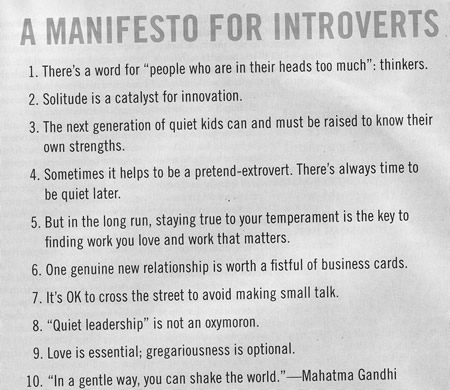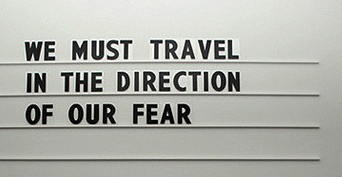I open the Mail and Guardian to see a report on Malaria, and the drugs to (not) treat it, that are counterfeit and being brought in and sold. Cheap drugs, sold at full price. Very clever. If you want to make a quick buck. Get rich.
But not so clever (or should I say, criminally murderous), for the people of Africa, where it seems Malaria is developing strains that are impervious to drugs, since they only get a little bit of the drug, enough to kill off the weaker strains, and make the other strains hardy and impervious to further, larger doses. “That which does not kill us, makes us stronger” – the Neitzsche quote used in the Conan the Barbarian movies. So, we have malaria that cannot be cured. More people dieing. Surely the donors are wondering, “what the fff…” “why do we give?”
And you’ve got to agree with them! Who are African’s worst enemies?
Lets start with the Atlantic slave trade (the one to Brazil, Jamaica, Cuba, USA, not the one to Saudi Arabia and India). Who did the buying? The americans (north and south) and caribeans. Who did the transporting? The Europeans. And who did the selling? The Africans.
I was going to say, “Short term gain, long term disaster”, but it seems many of the slaves who survived are doing much better (even in Brazil where there still seems to be a racial problem) than the people who sold them (and Nigeria produces how much oil?) Not too many trying to get back. Even Obama (who at least is an Afro-American) is in no hurry to settle in to Granddad’s place.
So maybe the short term gain long term disaster is a recent thing? For example, rhino horn. That vital ingredient for… no, I am not sure exactly what it does. Something like viagra, does the same sort of thing, I think. Not that I need anything in that part of my anatomy!
So, why the unsustainable harvest? Surely, if you have this very valuable commodity, you want to keep the livelihood going? Why kill them all? You cannot reap what you did not sow. It makes little sense, in the long term. But then, what do I know? If I was involved in the trade I would poison the horn and kill all my customers.
The Herald of 15 January talks of new licence disks. That cannot be forged. Apparently the country has “an estimated vehicle population of 800 000. However, of these, only 478 000 were licensed authentically”. So, why don’t the roads work? Because we will not pay to use them. Sorry, but who uses our roads? The Filipinos? Australians? No, Zimbabweans (that is to say, Africans). And who will pay to fix the roads? Not half of the Zimbabweans it would seem. So who are African’s worst enemies? Africans.
Maybe we are being taught by our leaders. Following their example. Politics in Zimbabwe (like the rest of Africa) is a job. How do you know if you are successful in your job? You make lots of money. On other continents, it may be quite similar, but they have people who know this, and areas of industry (the press) who know how to ‘regulate’ them. But here, if you are good at your job you make a lot of money. If you are a good politician, you make a lot of money. Civil servant be damned. Public office? Get real. Besides, no one is there to check you. So, you go into politics to make money. And make it now, quickly. Short term gain. Long term? You are going to lose power in the long term anyways.
Why do we put up with unaccountable leaders? We pay their salaries. They work for us. They are our servants. Why do we put up with fellow Africans as our worst enemies? They work for you. Have them report back (in person) and tell you what they have done.











